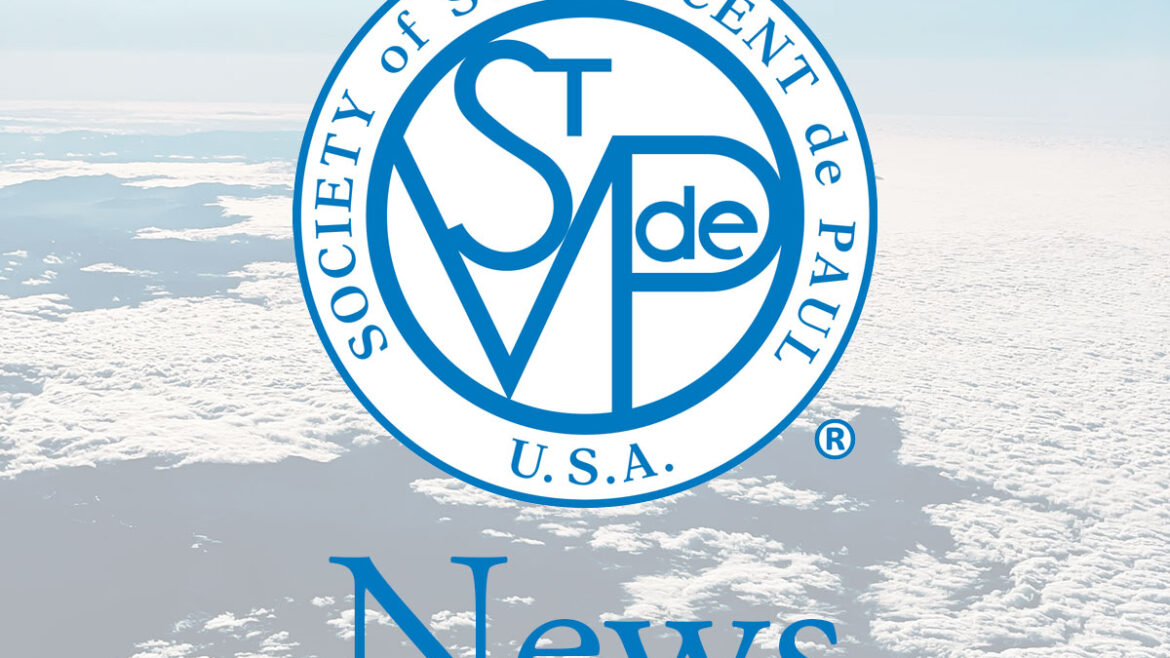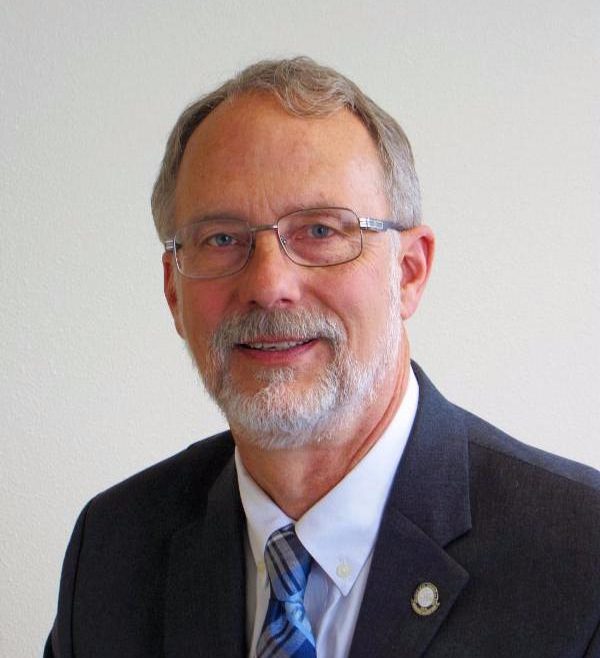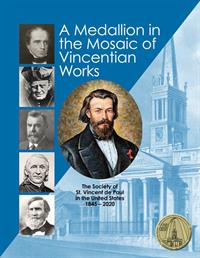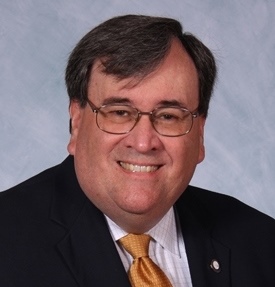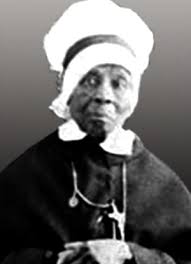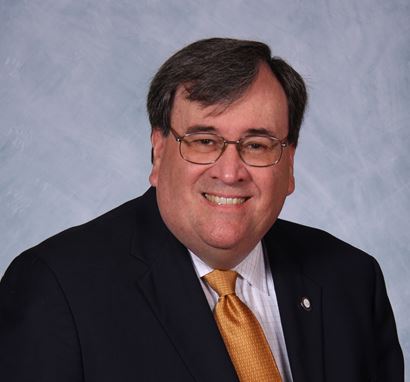In the course of its 188 years, many have marveled at the Society of St. Vincent de Paul’s great freedom of action, seeking always to help those in need in the best way possible. As our Rule says, “No work of charity is foreign to the Society.” [Rule, Part I, 1.3] There is only one explanation for this: love.
In 1933, on the occasion of the 100th Anniversary of the Society’s founding, an editorial in The Tablet, a Catholic newspaper in Brooklyn, observed that “The Society is great because it follows in the footsteps of Our Lord and Savior… He was not interested in ‘cases’ or ‘clients,’ but in men, women, and children.”
We are called to form relationships with those in need, to understand them as we would a brother or sister. Like brothers or sisters, like neighbors, like friends, we always want to do what is best for a person we value and love. Because of this, the members who made the visit are assumed by their fellow Vincentians “to have a special insight into the best way to give help.” [Manual, p. 27]
Ours is not the “The organized charity, scrimped and iced, In the name of a cautious, statistical Christ,” from John Boyle O’Reilly’s poem. Rather, with Bl. Frédéric, we believe that “in such a work it is necessary to give yourself up to the inspirations of the heart rather than the calculations of the mind.” [Letter 82, To Curnier, 1834]
The poor are accustomed to standing in line, taking a number, or filling out a form to try to “qualify” for the assistance they desperately need. They are reduced to numbers in the eyes of many agencies. To many in their communities, they are invisible. To us, they are “the sacred images of that God whom we do not see, and not knowing how to love Him otherwise shall we not love Him in [their] persons?” [Letter 137, to Janmot, 1837]
The Society of St. Vincent de Paul is not an agency; our help does not come with strings attached, because while agencies’ resources are limited, ours are not. Our funds belong to the poor already, so we “never adopt the attitude that the money is [ours,] or that the recipients have to prove that they deserve it.” [Manual, p. 26]
More importantly, the resource we share on every single visit, is ourselves. But the ultimate reason that no work of charity is foreign to us is that the greatest resource we have, is one that multiplies as it is shared: love.
Contemplate: Are there times that I “budget” my love?
Recommended Reading: The Spirituality of the Home Visit – Read, but also keep your own journal!


